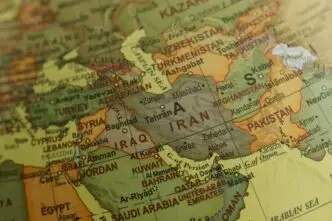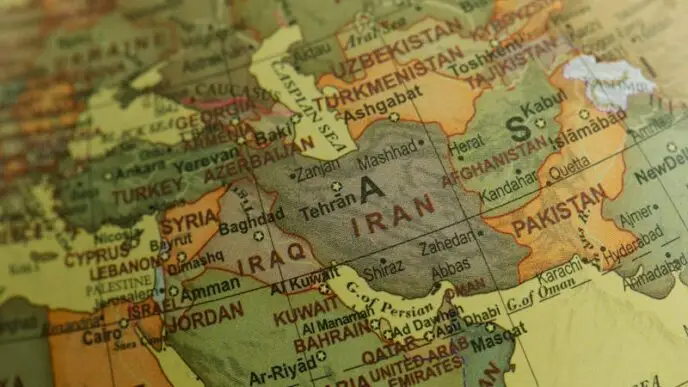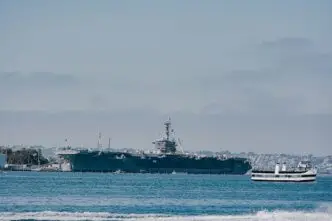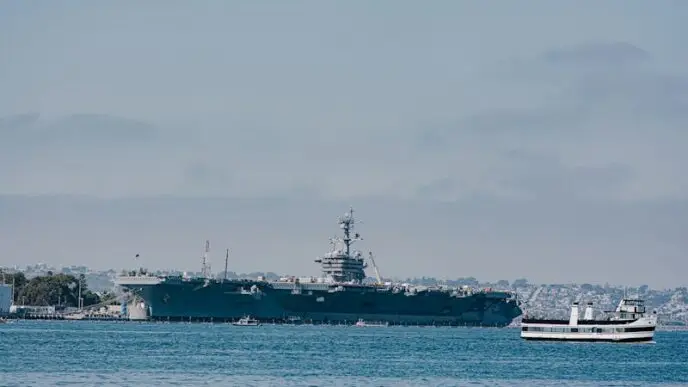US Approves $1.4B Military Hardware Sale to UAE
As President Donald Trump prepares for his visit to the United Arab Emirates (UAE), the State Department has announced its approval of a potential sale of over $1.4 billion in military hardware to the UAE. This lucrative deal includes helicopters and F-16 parts, a move seen as a strengthening of ties between the two nations.
The agreement is expected to enhance the UAE’s military capabilities and bolster its defense infrastructure. It also demonstrates the US’s continued commitment to ensuring the stability of the Gulf region amidst increasing tensions. The deal comes amid the backdrop of the Trump administration’s efforts to boost arms sales as part of its broader foreign policy strategy.
Boosting Defense Capabilities
According to the State Department, the military equipment sale to UAE is a part of the broader policy aimed at enhancing the defense capabilities of its Middle East allies. The deal includes F-16 parts, which are essential for maintaining the operational readiness of the UAE’s existing fleet of these fighter jets. The deal also includes the delivery of high-tech helicopters, which will significantly enhance the UAE’s air defense capabilities.
This approval comes amidst the rising tensions in the Gulf region, particularly concerning Iran. The US has been pushing its allies to increase their defense capabilities and take a more active role in ensuring the stability of the region. The move is seen as a strategic one, with the US seeking to ensure that its allies are well equipped to handle any potential threats.
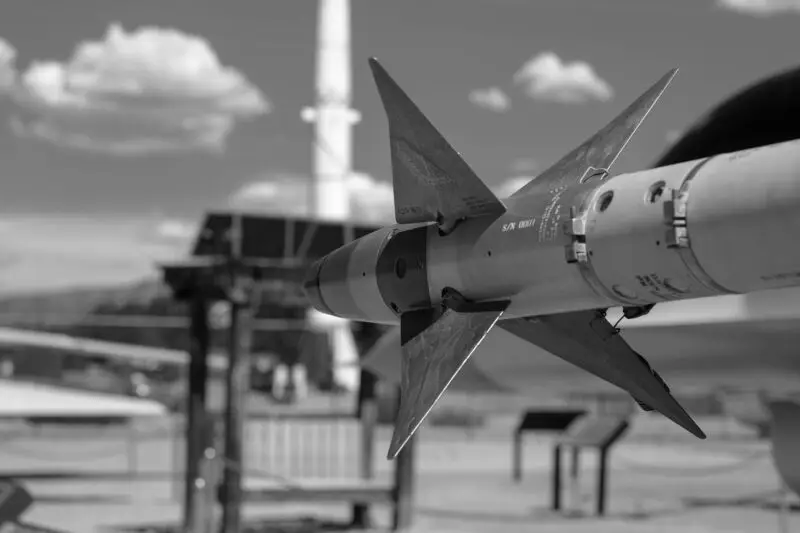
Impact on US-UAE Relations
The approval of the sale, which is expected to be completed during President Trump’s visit to the UAE, will further strengthen the relationship between the two countries. The UAE is one of America’s closest allies in the Middle East and this deal is expected to solidify that partnership. The move will also increase the UAE’s dependence on the US for military hardware, reinforcing the strategic importance of the relationship for both countries.
The deal also demonstrates the continued commitment of the US to the security of the UAE. This relationship has been a key part of the US’s Middle East strategy, with the two countries cooperating closely on a range of issues, from counter-terrorism to regional security. The UAE has been a reliable partner in these efforts, contributing significantly to the fight against extremist groups in the region.
Broader Implications of the Deal
While the deal is seen as a win-win for both the US and the UAE, it also has broader implications for the region. It could potentially escalate the ongoing tensions with Iran, which views the increasing military capabilities of its Gulf rivals with concern. However, the US has consistently maintained that its arms sales to the region are aimed at deterring aggression and promoting stability.
Furthermore, the deal is likely to boost the US economy, and particularly the defense sector. It signifies a trend of increased overseas defense sales under the Trump administration. This policy has been a significant contributor to the robust growth of the US defense industry, creating jobs and spurring innovation.
In conclusion, the approval of the $1.4 billion military hardware sale to the UAE represents a significant development in US-UAE relations. As the Trump administration seeks to bolster its allies and maintain stability in the Gulf region, this deal is a clear indication of the strategic importance of the UAE to the US. It remains to be seen how this deal will impact the geopolitical dynamics of the region, but for now, it symbolizes a strengthening of ties between the two nations ahead of President Trump’s visit.






